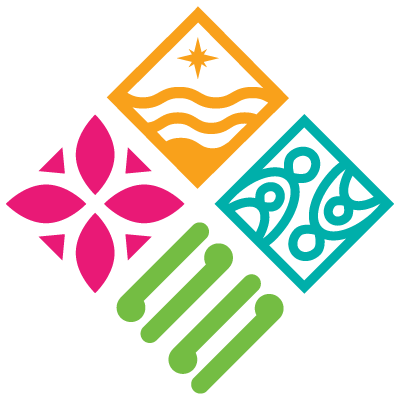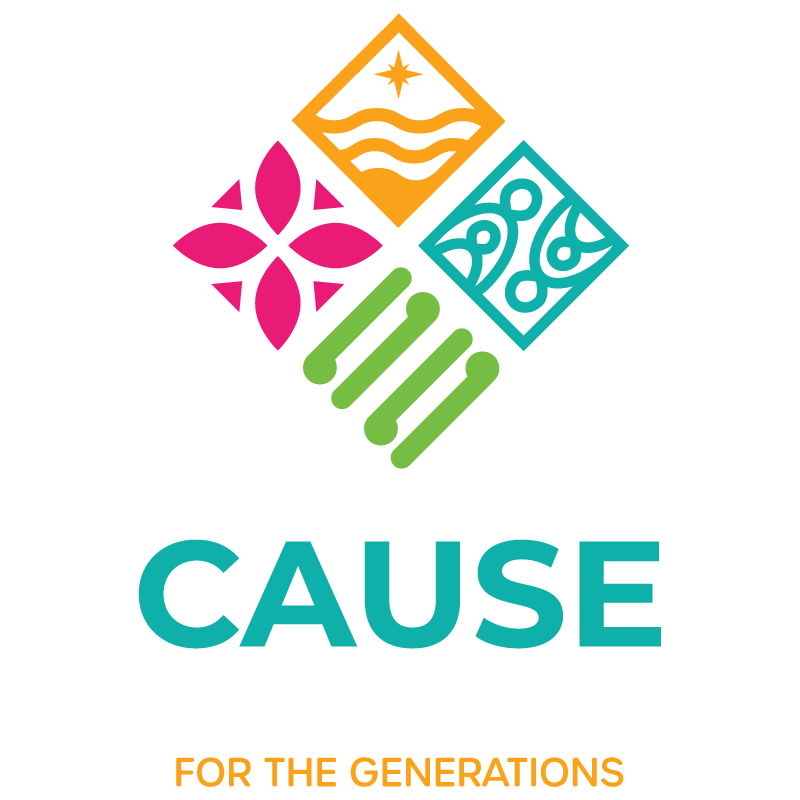
In the six months that I’ve been at The Cause Collective (TCC), I’ve learnt that to attempt to do things the same way they’ve always been done is to sentence our communities to a life less than what they deserve.
A life less than the best.
We do a disservice to our people when we don’t approach the issues that plague them with respect, honesty, compassion and innovation. It takes courage to serve in this way. It takes courage to go up against a system that has operated a certain way for so long.
It requires understanding of how the system came to be, and how it works, before trying to either make it work in the favour of the communities we serve, or look at how we can dismantle it.
It takes courage to see that something is wrong and to approach those who are being affected the most.
And it also takes courage, compassion, honesty and respect to earn their trust.
There is no certainty because if we’re not promised today there’s no way we can hope to ask for tomorrow.
But there is also no backing down because the stakes are at an all time high.
So yes, in the time that I have been at TCC I have encountered setbacks, but I have also felt growth and hope beyond measure.
I came into this space because I wanted to take my skills and apply them to do something that matters beyond exposing the truth.
While I didn’t know what that would look like, I knew it had to be meaningful and impactful. I knew that I wanted to help share the lived experiences of our people – what I didn’t know was that this aspiration was incomplete and that the full picture would inform what this something would look like.
It looks like gaining the trust of our communities in order to build with them.
Building with them the capacity, capability and confidence to share their insights that should inform policy development, system design and service planning. However, in order to do this, there is something we might need to dismantle- or challenge first.
Resilience.
I have often heard one of my colleagues say they didn’t like the term ‘resilience’ and at the time I didn’t understand why.
Resilience is the capacity to recover quickly from difficulties; toughness. Why wouldn’t they like such a concept?
It takes a strong person, family or community to recover quickly from setbacks.
But hearing the stories I have heard, and coming to understand the longstanding trauma our communities face- and seem to have grown a resilience to- it makes me wonder if praising people who are continually being dealt bad hands in life and doing the best they can with it is praising their situation.
I began to understand why one would think resilience isn’t so great.
Sure the ability to withstand adversity and bounce back from difficult life events or trauma is definitely a showcase of strength. But that means people have to keep experiencing stress, emotional upheaval, and suffering to demonstrate resilience.
Resilience is important because it gives people the strength needed to process and overcome hardship. But how much hardship is enough for people to suffer, and how long do people need to be resilient for?
Resilience could start to look overly tolerant of unpleasant or counterproductive circumstances, rather than pushing for change.
Too much resilience could start to look like inertia, and inertia is the adversary of social change.
As I learn more about the communities we serve I realise they have the perfect traits to accompany resilience, one that is far more important when it comes to achieving well-being goals.
Resourcefulness.
Resourcefulness is the ability to find quick and clever ways to overcome difficulties. So if previous approaches aren’t working, resourceful people typically come up with different approaches that hopefully work for them; and this often depends on coming up with an effective course of action to take them from a current situation to a better one for them.
With The Cause Collective on their side, resourceful members of the community are coming up with
alternative approaches that work for them.
In the One Love neighbourhoods, with residents trying different approaches to overcome the lack of support and enforcement from services and South Auckland early childhood educators building capabilities through learning how to co-design with their centre’s families to the Village Game players finding movement through culture a way towards a healthier fuller lifestyle.
They’re meeting us head on, and being key drivers in formulating effective action(s) to propel their communities and families from current situations to better ones.
This isn’t the end of my Social Change journey, as I follow these resourceful community champions on the road to their best lives. No doubt I have so much more to learn and appreciate.
However in the coming months I will profile Social Change Innovators within TCC (and the community)- whether they’ve been in the space for a minute or a decade.
Laumata Lauano is a Content Writer at The Cause Collective. She started in January 2021 after five
years working as a journalist for Oceania Media aka SPASIFIK Magazine.

